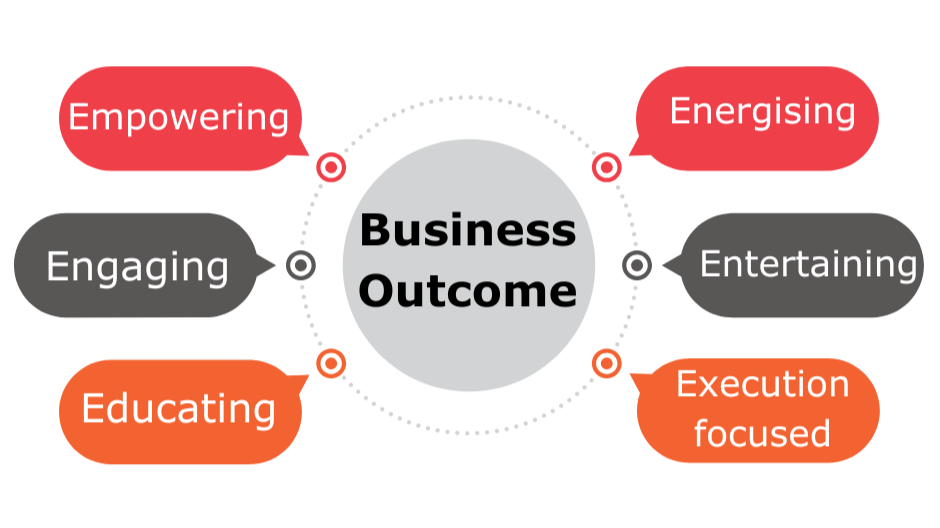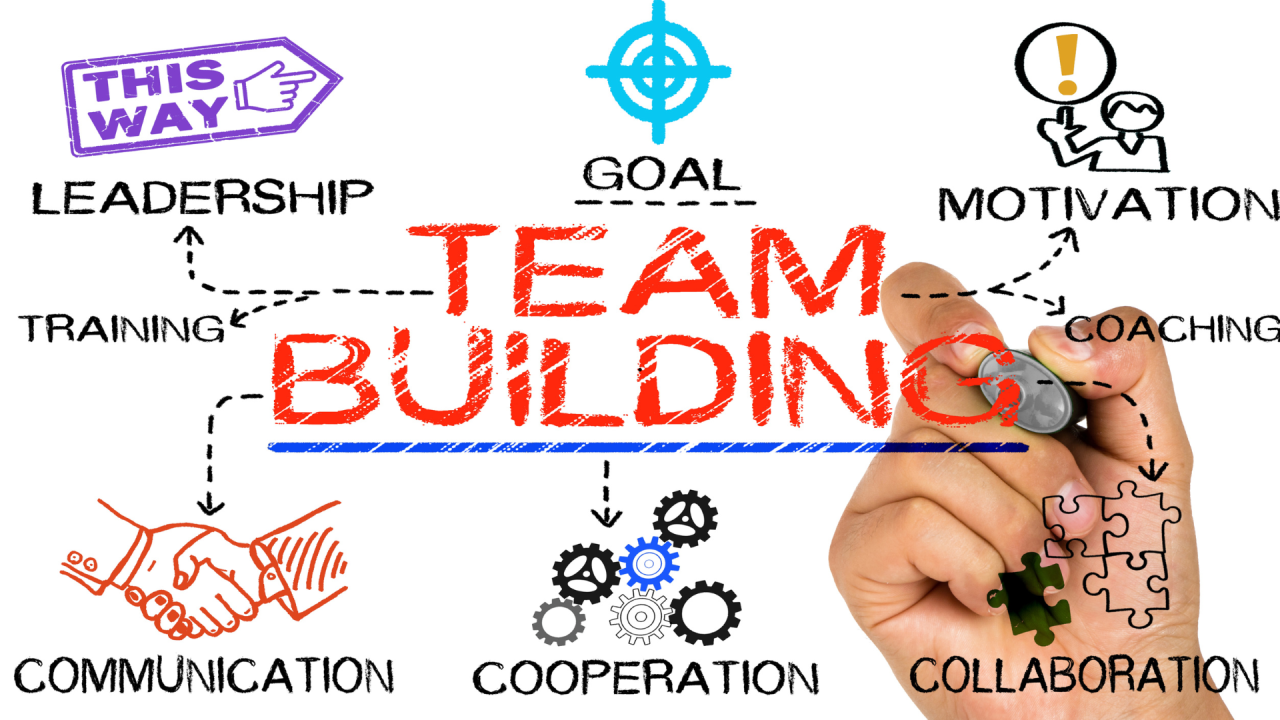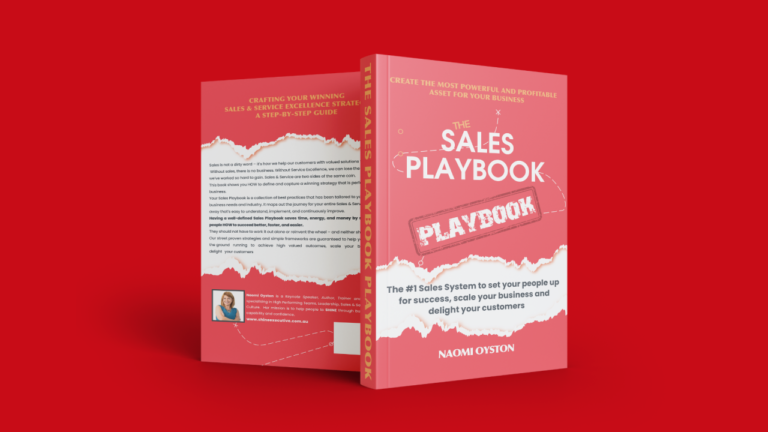We all recognise the immense power of high performing, cohesive teams.
They are not merely a “nice to have” but a critical driver of organisational success and can be the difference between merely surviving and thriving.
Team building activities do more than just provide a break from the daily grind – they are the pathway to transforming your team, enhancing skills, boosting morale and improving overall performance.
High performing teams don’t happen by accident.
The best leaders are strategic about team development, understanding that intentional, well-designed activities are the key to unlocking full potential.
Let’s explore some ways that you can create team building activities that will leave your people buzzing with energy and ready to be their best at work.
Start with a Clear Purpose or Business Outcome
Every team-building activity should begin with a clear purpose or business outcome. When the goal is well-defined, the activity becomes more than just a fun diversion—it becomes a powerful tool for driving meaningful change within your team.
Some examples of impactful objectives include:
- Improved Communication: Foster open dialogue and better understanding among team members.
- Team Dynamics and Behavior: Address and enhance the way your team interacts and collaborates.
- Problem-Solving Skills: Equip your team with the tools to tackle challenges creatively and effectively.
- Critical Thinking and Decision-Making: Strengthen your team’s ability to make sound, strategic decisions.
- Alignment with Vision: Ensure that everyone is on the same page, working towards shared goals.
- Trust Building through Personal Connection: Create a deeper sense of trust and camaraderie among team members.
- Appreciating Strengths and Weaknesses: Encourage a deeper understanding and appreciation of each other’s unique contributions.
- Productivity and Efficiency: Streamline processes and improve overall team output.
- Influencing Others with Confidence: Build the skills needed to persuade and inspire others.
- Stress Management and Resilience: Help your team develop the resilience needed to navigate challenges.
- Ownership and Accountability: Foster a culture where team members take responsibility for their actions.
- Possibility Thinking and Creativity: Encourage innovation and break free from limiting beliefs.
- Self-Awareness and Personal Development: Promote continuous growth and self-improvement within your team.

Design Activities with Impact
Once you have a clear objective, the next step is to design an activity that not only aligns with your goals but also resonates with your team. Your people should walk away from the experience having learned something new, feeling invigorated, and ready to apply their newfound skills or behaviors in the workplace.
Consider incorporating the following elements:
- Empowering: When people feel empowered, they take greater ownership of their roles and contribute more effectively. Activities should encourage proactive behaviors and a culture of taking initiative.
- Engaging: The more engaged your team is, the more they will invest in the activity. Choose dynamic, interactive, and relevant activities that inspire open communication, idea-sharing, and collaborative creation.
- Entertaining: When people are relaxed and having fun, barriers come down, allowing creativity and personal connections to flourish. Fun and enjoyable activities create lasting memories and foster stronger bonds among team members, making them more receptive to new ideas.
- Energising: Successful team-building should leave your people feeling refreshed, motivated, and ready to think and collaborate in new ways. Avoid activities that drain energy—opt for those that invigorate, whether through physical challenges or brainstorming sessions.
- Educating: Great business teams have a growth mindset, always seeking to learn and develop new skills. Ensure that your activities offer valuable insights or knowledge that team members can apply in their roles, contributing to both personal and professional growth.
- Execution-Focused: While it’s great to have fun and connect with colleagues, the real value of team-building lies in what happens afterward. Make sure there are actionable takeaways, with clear accountability for implementing the lessons learned in the workplace. This ensures that the activity delivers lasting value.
By investing in purposeful team building, you are not just building a team – you’re building a stronger, more resilient organisation. The benefits of strategic team development extend far beyond the immediate activity, influencing your team’s performance, morale and overall contribution.
So next time you’re planning a team building event, remember to focus on these key elements. Your people (and your bottom line) will thank you for it!
Or reach out to me if you’d like to discuss – this is something that we love to help with!
When we get this right everything else becomes much easier.
The better it gets the better it gets!




